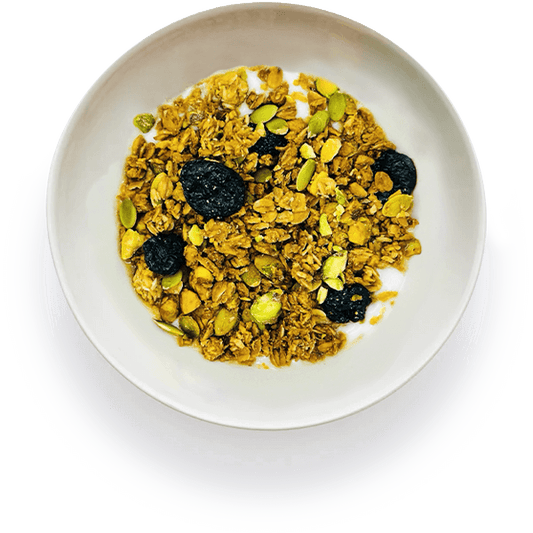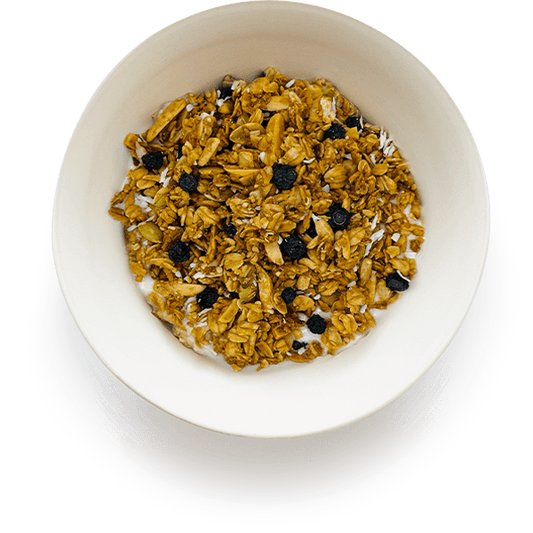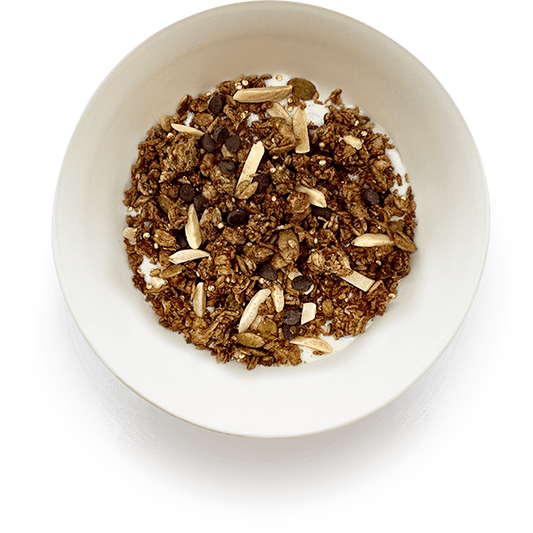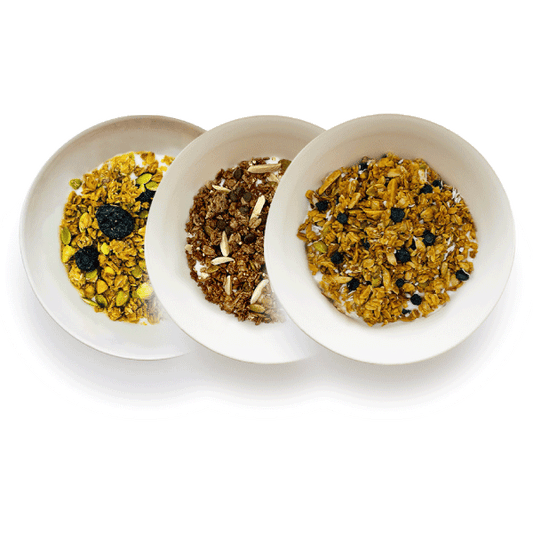Mindful Eating: Savor Your Plant-Based Diet
By FireRoad
In today’s fast-paced world, it’s easy to overlook what we consume. However, incorporating mindfulness into our eating habits can significantly enhance our experience, especially when enjoying a plant-based diet. With each bite, we can connect more deeply with the food we eat while reaping the incredible benefits of a plant-based lifestyle. In this article, we will explore mindful eating, its benefits, and how to incorporate healthy practices into your meals.
Understanding Mindful Eating
Mindful eating is about being present while eating, allowing yourself to truly experience each meal. This practice encourages an awareness of the flavors, textures, and nutritional benefits of your food. When you focus on your meal, you may find that you enjoy it more, and it can lead to healthier eating habits.
Benefits of Mindful Eating
- Improved Digestion: Chewing thoroughly and savoring each bite aids in digestion.
- A Greater Appreciation for Food: Mindful eating can enhance your connection to your meals.
- Weight Management: Paying attention to how much you’re eating can help prevent overeating.
- Enhanced Nutrient Absorption: Focused eating allows you to absorb nutrients more effectively.
Building a Mindful Eating Practice
Transitioning into mindful eating may take some time, but with practice, it can become an enjoyable routine. Here are several strategies to help you embrace this healthy eating approach.
Create a Pleasant Eating Environment
Begin by cultivating a peaceful atmosphere during meals. Whether you're dining alone or with family and friends, aim for a clutter-free table. Use calming colors, soft lighting, and, if it helps, play some soothing background music. These elements can enhance your sensory experience and allow you to focus more on your food.
Slow Down and Savor
Rushing through meals often leads to mindless eating. To practice mindful eating, allocate a specific time for each meal. Aim to chew slowly, enjoying each flavor and texture. If you try a new dish, such as a delicious quinoa spice recipe, allow yourself to relish each component. Notice the spices, the crunch of the veggies, and the flavor of the quinoa. This intentionality helps you connect with the nutrients your body is receiving, promoting a more healthy lifestyle.
Listen to Your Body
Pay attention to your body’s hunger cues. Before starting a meal, assess how hungry you feel on a scale from one to ten. This awareness helps you avoid overeating. Moreover, as you eat, check in with your body periodically to determine your level of fullness. Eating mindfully helps you differentiate between emotional eating and actual hunger.
Embrace Variety for Nutrient Diversity
One of the major benefits of a plant-based diet is the range of flavors you can explore. A diet rich in diverse ingredients ensures that you receive ample nutrients while keeping meals exciting. Here are some tips to diversify your meals:
- Experiment with Grains: Quinoa, bulgur, farro, and millet are excellent substitutes for traditional grains. Not only do they bring unique flavors, but they also increase your protein intake, essential for fitness enthusiasts.
- Incorporate Colorful Vegetables: Aim to fill half of your plate with vegetables in different colors. Each hue often corresponds to different nutrients, ensuring a broad spectrum of vitamins and antioxidants.
- Utilize Herbs and Spices: Flavor your meals with herbs such as basil, cilantro, or mint, and spices like cumin, turmeric, or garlic. A well-crafted seasoning can elevate a simple dish into a culinary delight.
Combining Mindfulness with Your Meals
Combining mindfulness with the preparation of meals can enhance your entire culinary experience. When you engage in cooking, consider these practices:
Preparation as a Meditative Practice
Engage in the cooking process as a meditative experience. Remove distractions, breathe deeply, and focus solely on the task at hand. Chopping vegetables, stirring pots, and assembling ingredients can all become moments of tranquility. As you prepare your meals, remind yourself of the nourishing properties of each ingredient.
Cooking with Intention
When preparing meals for yourself or your loved ones, think about the health benefits they will receive. Craft recipes that are not only delicious but also packed with nutrients. For instance, consider creating a protein-rich meal featuring lentils and vegetables. This straightforward approach can lead to wholesome, enjoyable meals that meet everyone's dietary needs.
The Connection Between Mindful Eating and Well-being
Mindful eating goes beyond just the act of consuming food; it’s about fostering a deeper relationship with what you put into your body. Here are some ways this practice can contribute to your overall well-being:
Stronger Relationships through Shared Meals
Sharing meals with family or friends can enhance the mindful eating experience. Encourage open conversations around the table, where everyone shares their thoughts on the taste and nutritional benefits of each dish. This practice not only builds bonds but also fosters an environment of health awareness.
Empowerment through Knowledge
Understanding the nutrients present in your diet empowers you to make healthier choices. Learn about the benefits of each ingredient, the protein content in grains or legumes, and the vitamins in a colorful vegetable medley. This knowledge allows you to cook with intention and confidence.
Engaging Your Senses
One of the powerful aspects of mindful eating is its focus on engaging all your senses. Take note of how your food looks, smells, tastes, and feels. Here are some prompts for engaging your senses:
Visual Appeal
Before you start eating, take a moment to appreciate the colors and presentation of your meal. A colorful plate is often more nutritionally diverse, signaling a wealth of health benefits.
Aromatic Awareness
Smell your food before tasting it. The aroma can enhance the anticipation and enjoyment of the meal, where spices like cumin and coriander can take you on a flavor journey.
Textural Exploration
As you eat, focus on the textures of different ingredients. Notice the crunch of fresh vegetables, the creaminess of avocado, or the tenderness of cooked grains. This conscious attention elevates the eating experience.
Mindful Drinking: Pairing Beverages
While focusing on your meals, it’s also beneficial to mindfully choose the beverages that accompany them. Whether it’s herbal tea, infused water, or plant-based smoothies, the right drink can enhance both flavor and nutritional content.
Infused Water
Making infused water is an easy and healthy way to stay hydrated. Combine fresh fruits, herbs, or even vegetables for a flavorful boost. Drinking infused water can increase your enjoyment of the meal and keep you hydrated.
Smoothies Packed with Nutrients
Smoothies can be a nutrient powerhouse when crafted mindfully. Include greens like spinach or kale, fruits, a source of healthy fat like nut butter, and a protein boost with plant-based protein powders or nuts. This combination not only satisfies your taste buds but also enhances your fitness regime.
Maintaining Mindfulness Beyond Meals
Mindful eating can positively influence other areas of your life. Here are some ways to carry this practice beyond mealtime:
Mindfulness in Daily Living
Incorporate mindfulness into your daily activities, from exercising to working. Pay attention to your movements and your environment. This awareness can bring a sense of calm and focus to your day-to-day tasks.
Gratitude for Food
Lastly, foster gratitude for the food you consume. Take time to acknowledge where ingredients come from and the effort it takes to bring them to your table. Gratitude brings a sense of connection to the earth and the people that contribute to the food system.
Elevating Your Plant-Based Journey
The practice of mindful eating enriches the experience of a plant-based diet, emphasizing the importance of savoring not just the meal but the entire process. By embracing mindfulness, you cultivate a deeper appreciation for the flavors, nutrients, and overall benefits that come from the food you consume. As you embark on this journey, remember that how you eat can transform your physical health, emotional well-being, and your relationship with food. Here's to enjoying every moment of your plant-based adventure!











